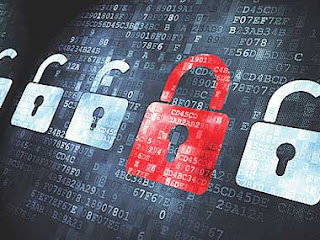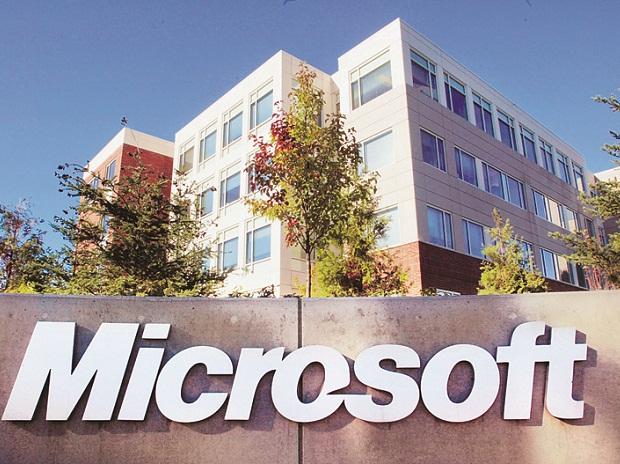Twitter brings security key as your only 2FA method to mobile, web

Twitter has announced that users can use their security keys as only form of two-factor authentication (2FA) on both mobile and web, which is the most effective way to keep the Twitter account secure. In March, Twitter had said it would soon let people use a security key as their only two-factor authentication method. Security keys are small devices that act like keys to your house. Just as you need a physical key to unlock the door to your home, you need a security key to unlock access to your account. "Security keys offer the strongest protection for your Twitter account because they have built-in protections to ensure that even if a key is used on a phishing site, the information shared can't be used to access your account," Twitter said in a statement on Wednesday. Security keys can differentiate legitimate sites from malicious ones and block phishing attempts that SMS or verification codes would not. Read More




